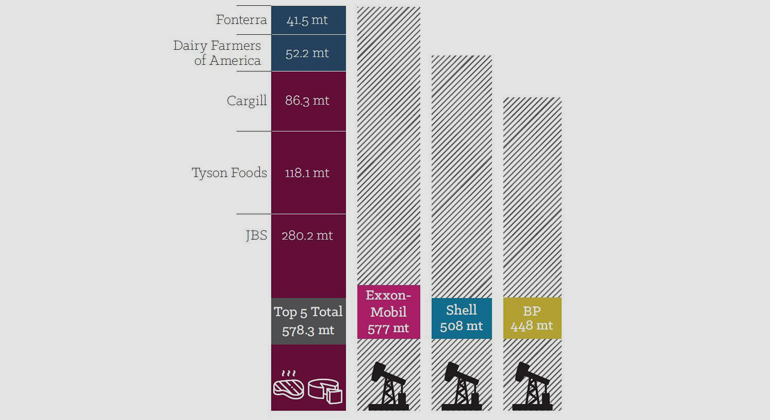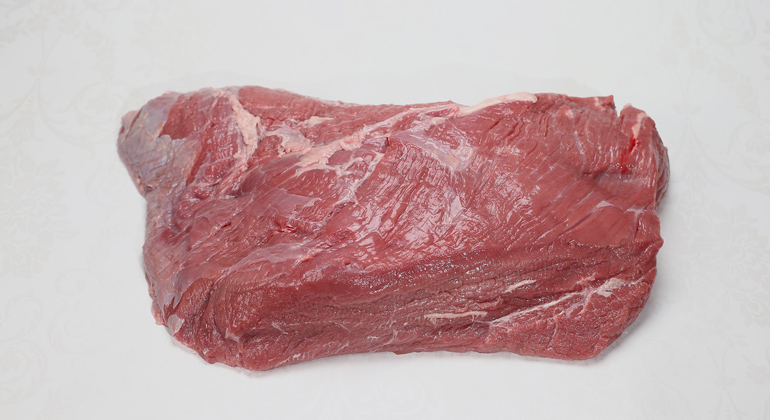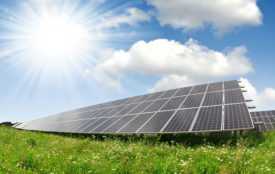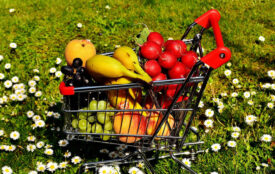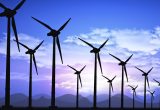Big Meat and Dairy are Heating up our Planet
Top 35 companies are highly concentrated in a small number of countries that have a disproportionate share of global meat and dairy production and consumption.
What do Smithfield, Tyson and Cargill have in common? Besides being three of the largest meat producers in the United States and the world, each of them has committed to reducing its climate footprint. But are they? Who is monitoring these companies to hold them accountable?
Today, IATP and GRAIN jointly published a first of its kind study that quantifies emissions from 35 of the world’s largest meat and dairy companies and scrutinizes their climate plans. What do these companies intent to do to reduce their share of emissions for the world to avoid climate catastrophe?
The short answer: These companies are pursuing growth strategies that will actually increase their emissions.
Our research shows that:
- The five largest meat and dairy corporations combined (JBS, Tyson, Cargill, Dairy Farmers of America and Fonterra) are already responsible for more annual greenhouse gas emissions than ExxonMobil, Shell or BP.
- The combined emissions of the top 20 meat and dairy companies surpass the emissions from entire nations, such as Germany, Canada, Australia or the United Kingdom.
- Most of the top 35 meat and dairy companies (16) either fail to report emissions entirely, or exclude their supply chain emissions, which account for 80-90 percent of emissions. Only four companies provide comprehensive emissions estimates.
- Less than half of the top 35 meat and dairy companies have announced any type of emissions reduction targets. Out of these, only six include emissions generated from the supply chain.
- If the growth of the global meat and dairy industry continues as projected, the livestock sector as a whole could consume 80 percent of the planet’s annual greenhouse gas budget by 2050.
These top 35 companies are highly concentrated in a small number of countries that have a disproportionate share of global meat and dairy production and consumption. These countries (the U.S., European nations, Canada, Brazil, Argentina, Australia, New Zealand and China) are responsible for more than 60 percent of the emissions from global meat and dairy production – about twice as much as the rest of the world on a per capita basis. Just six of these countries produce more than 67 percent of the world’s beef; just three (U.S., E.U. and China) produce 80 percent of the world’s pork; only four produce 61 percent of the world’s chicken; three (the U.S., E.U. and New Zealand) produce nearly half of the world’s dairy.
As dire as these findings may sound, the solution is reachable with citizen action. Our report identifies the handful of governments that must be held accountable to take concrete and effective action on the industry’s climate impacts in the next few years to help us achieve the Paris Agreement goals of limiting global warming to less than 1.5 degrees Celsius. The indirect subsidies the industry receives through governments footing the bill for their air, water and land pollution, public health impacts from antibiotics overuse and biodiversity loss can and must be stopped. Moreover, taxpayer funds that go toward methane digestors, clean-up of their operations and sustaining below the cost of production grain prices could instead be channeled toward creating an agroecological transition of our food system where farmers, consumers and the planet all benefit.
The climate community’s attention has been focused on fossil fuel companies. It is time we broadened our focus to include the meat and dairy majors. In the next ten years, we must work together to build a just transition of our agricultural economy that helps restore rural communities and our soil, and sustain our planet.
